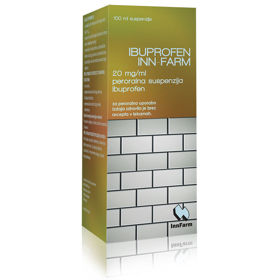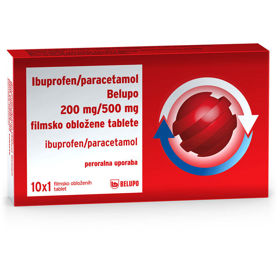Customer question:
Which drugs are used in the treatment of sciatica? Anonymous customer's question
Pharmacist's answer:
The choice of medicine for sciatica depends on the severity of the symptoms, the underlying cause of the sciatica, and individual patient factors. Before taking any medication, it is essential to consult your doctor to make sure it is appropriate for your situation, to understand possible side effects, and to check for interactions with other medications you may be taking.
Here are common medications that may be prescribed or recommended for sciatica:
- non-prescription painkillers
- muscle relaxants
- antidepressants
- medicines against epilepsy
- corticosteroids
- local preparations
- opioids
Are there topical ointments or creams to relieve sciatic pain?
Yes, several topical ointments and creams can help relieve sciatica pain. These drugs provide temporary pain relief by either numbing the area, reducing inflammation, or distracting the mind with a warming or cooling sensation.
Here are some commonly used topical remedies:
- Anti-irritants contain ingredients such as menthol or camphor that create a burning or cool sensation that distracts the mind from the pain.
- Topical nonsteroidal anti-inflammatory drugs: these gels or creams contain nonsteroidal anti-inflammatory drugs (NSAIDs), which often reduce inflammation and pain in the area of application. They provide a localized effect with potentially fewer systemic side effects than oral NSAIDs.
- Capsaicin cream: Capsaicin, derived from chilies, can help reduce pain in some people and is often applied mainly dermally.
- Lidocaine patches: These are self-adhesive patches that contain the local anesthetic lidocaine. They numb the applied area and consequently ease the pain.
- CBD Creams and Ointments: With these hemp products' increasing acceptance and legality, CBD (cannabidiol) pain relief creams have also become very popular. Although research is ongoing, some people find it effective in managing pain.
- Homeopathic or herbal creams: Some creams contain natural ingredients, such as arnica, which are believed to relieve pain.
- Compound creams: Some pharmacies offer compound creams, which are custom-made medications mixed in specific proportions prescribed by a doctor. For pain caused by nerve endings, this may include a combination of pain relievers and a topical ointment.
Can sciatica be treated at home?
Many cases of sciatica can be treated at home, especially if symptoms are mild to moderate. Although many cases of sciatica can be treated at home, it is imperative to consult a doctor if the pain is severe and does not improve after several weeks or if you experience sudden, severe pain or weakness in the lower extremities. In some cases, more aggressive treatments or interventions may be necessary.
Interesting reading: Sciatica tingling in the legs
Interesting reading: Lumbago with sciatica











